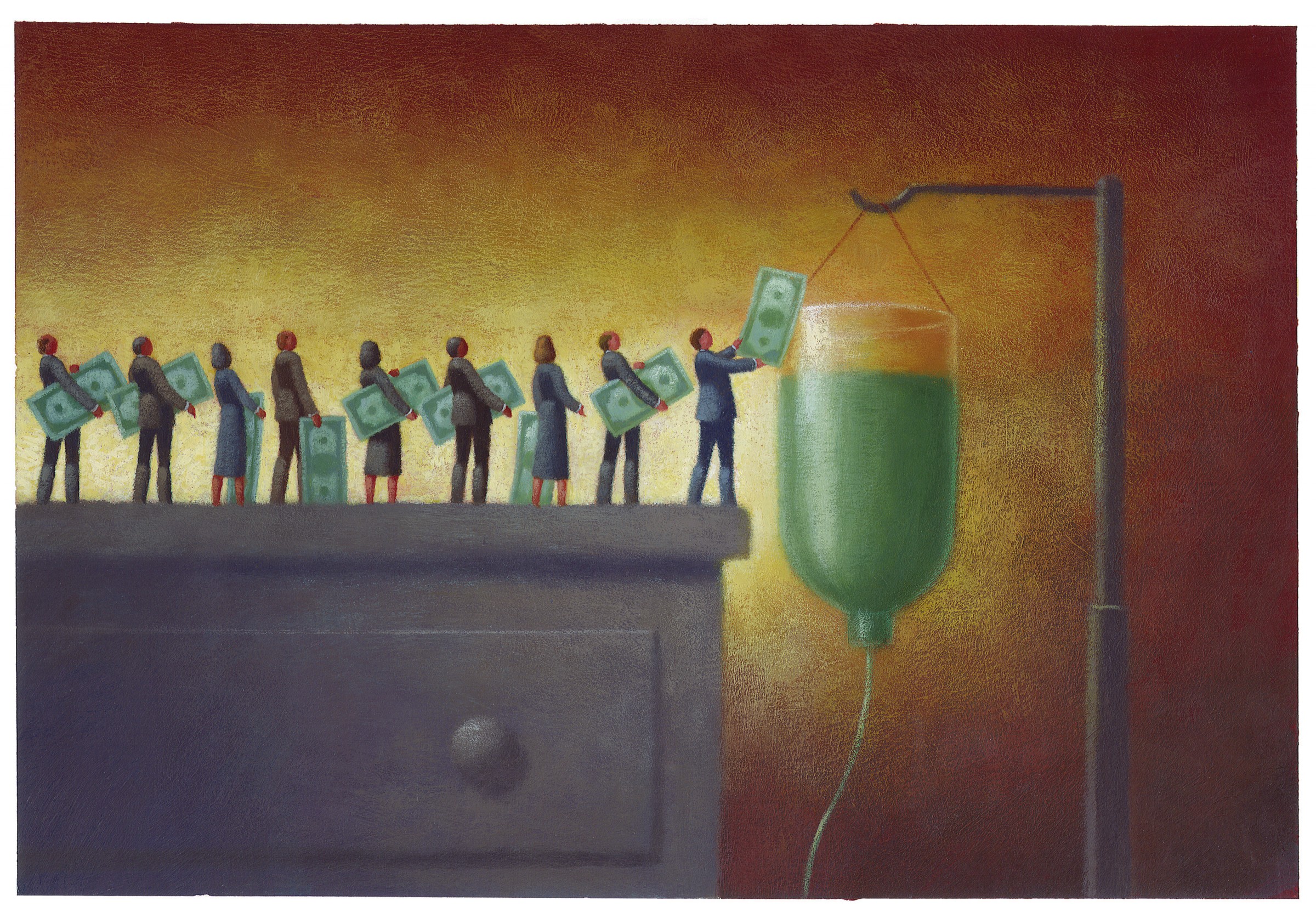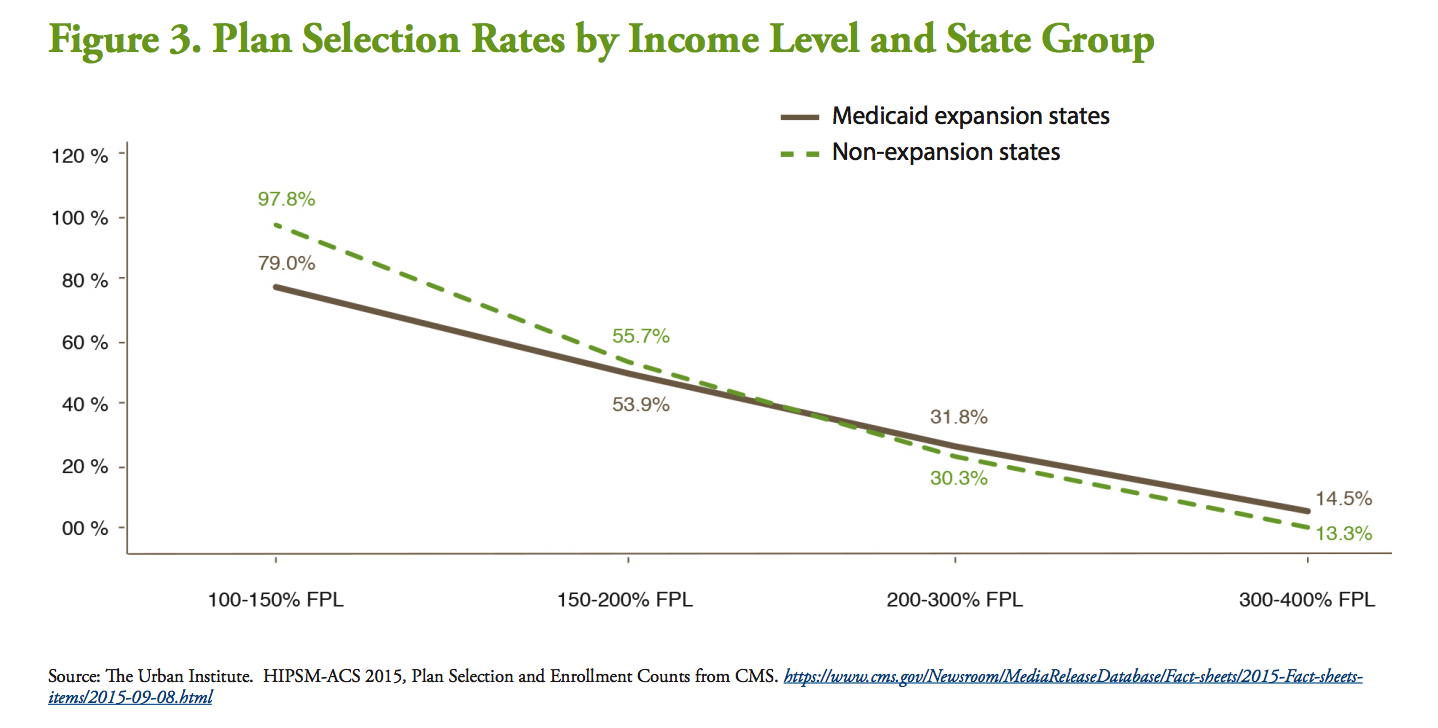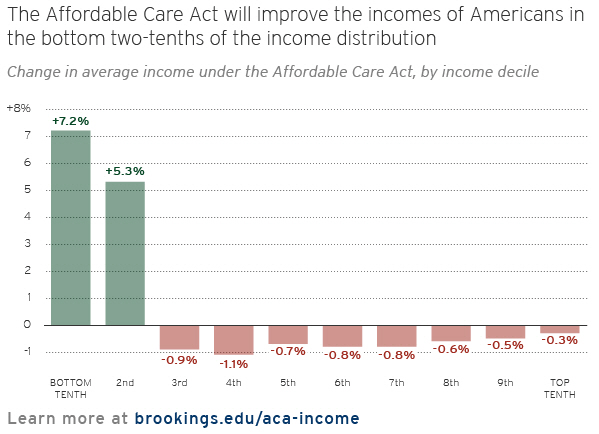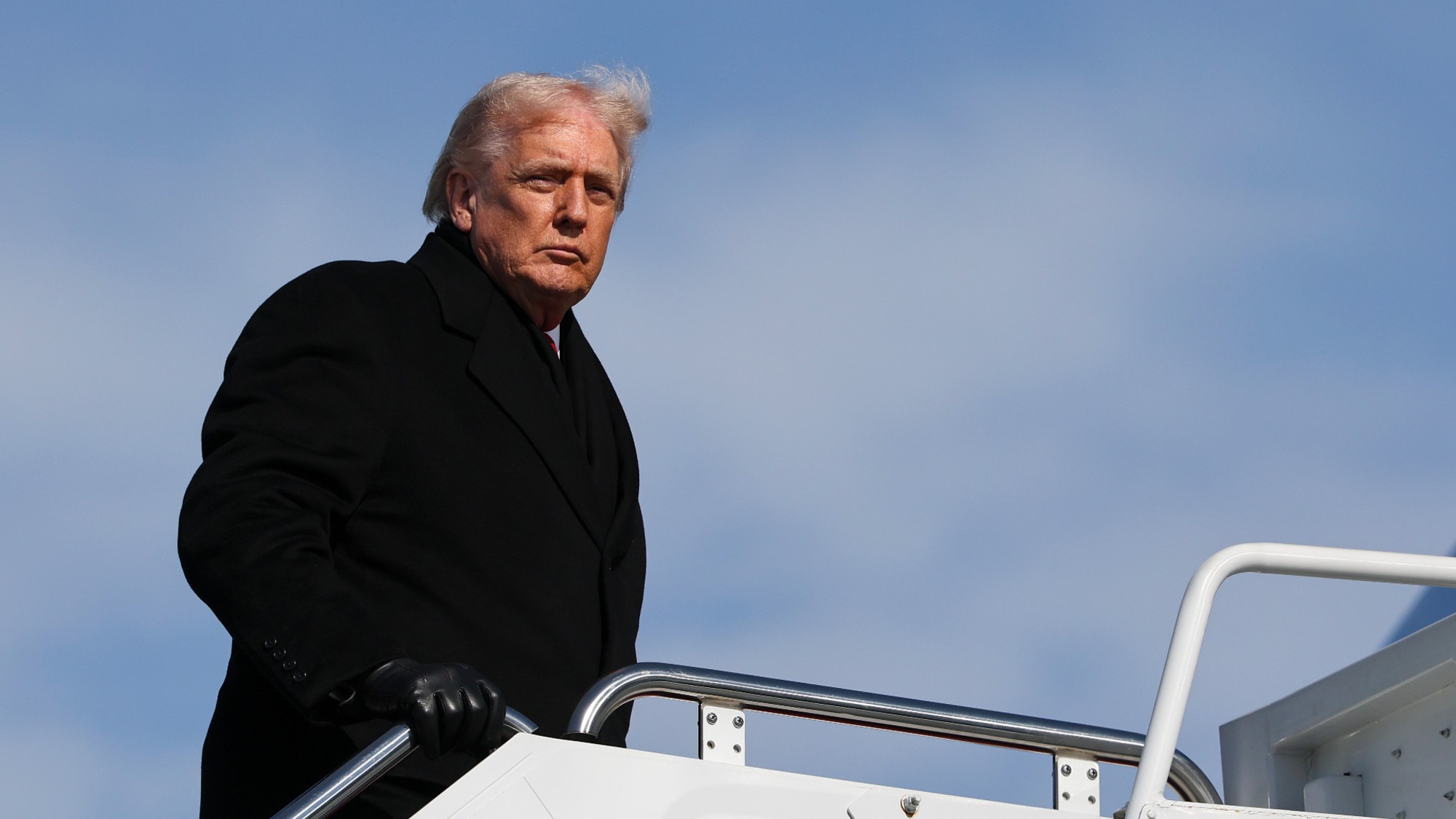The case for massively increasing ObamaCare subsidies
The existing subsidies are grossly inadequate


American health insurers are getting jittery about the future of ObamaCare.
Consider UnitedHealthcare, one of the biggest health insurance companies in the country, and a major provider of plans on ObamaCare's exchanges — the regulated and subsidized marketplaces the health reform law set up, on which people can shop for private individual plans if they're not covered by something like Medicaid, Medicare, or an employer-provided plan. Last week, UnitedHealthcare raised doubts about whether it would still be participating in the exchanges in the near future.
Apparently, the company anticipates that losses from its exchange business specifically will be at least $900 million over 2015 and 2016. It's already pulling back on marketing efforts in the exchanges for next year. Other insurers, like Aetna, Humana, Cigna, and Anthem, are turning more pessimistic as well.
The Week
Escape your echo chamber. Get the facts behind the news, plus analysis from multiple perspectives.

Sign up for The Week's Free Newsletters
From our morning news briefing to a weekly Good News Newsletter, get the best of The Week delivered directly to your inbox.
From our morning news briefing to a weekly Good News Newsletter, get the best of The Week delivered directly to your inbox.
Of all the widely quoted takes, Robert Laszewski — the president of a health policy and marketplace consulting firm — probably offered the best combination of substance and brutality. Basically, not enough healthy people are signing up for the exchanges. Healthy people pay premiums but don't take out much in actual health care needs, and for sick people it's the reverse. So you need a balance between the two in any marketplace to keep private insurers' finances stable and profitable. UnitedHealthcare is seeing less revenue relative to expenses than it expected, so its finances are getting rocky. The worst case scenario is that this is the start of the infamous "death spiral" — not enough healthy people sign up, so insurers have to jack up premiums to stay solvent, which drives out even more healthy people, and eventually insurers just pack up and go home.
The important thing here is to actually think through the implications of Laszewski's critique. Because, even if it's totally right, it points towards solutions that are the exact opposite of what ObamaCare's opponents have called for.
There are probably 24 million Americans who are eligible for subsidies to buy insurance on ObamaCare's exchanges. But only 9 million of them have signed up on the exchanges so far, plus another 1 million who make too much money to be eligible for subsidies. Whether or not 10 million gets you to a sustainable market is, as you might imagine, a subject of considerable debate. Laszewski thinks it isn't, and certainly 10 million out of 24 million possible isn't great. Time will tell.
But the key is where the people who are signing up fall in the income distribution. Recall that ObamaCare's subsidies go to anyone making between 138 percent of the federal poverty level (FPL) and 400 percent of it. Below that, you get Medicaid instead. (Unless you're in a state that's refused to expand the program.) Above that, you're still subject to ObamaCare's individual fine if you don't have any form of coverage, but you don't get subsidies on the exchanges to help pay for premiums. Laszewski pointed out that, according to one study, 76 percent of eligible people making 100 to 150 percent of the FPL have enrolled, but after that the numbers "drop like a rock." Only 41 percent of those making 151 to 200 percent of the FPL have enrolled, only 30 percent of those making 201 to 250 percent, and so on. Here's the same story from another study, in chart form:
A free daily email with the biggest news stories of the day – and the best features from TheWeek.com

(Chart from of Variation in Marketplace Enrollment Rates in 2015 by State and Income, October 2015, by the Robert Wood Johnson Foundation and the Urban Institute.)
Despite ObamaCare requiring everyone to have coverage and fining them if they don't, despite the subsidies, and despite the exchanges being the only place you can shop for individual plans, lots of people are just sitting it out. The most obvious reason seems to be that, unless you're really quite poor, ObamaCare just doesn't offer that great a financial deal.
The subsidies operate on a sliding scale. If you're at 350 percent of the FPL, you're still getting help, but way less than if you were at 150 percent. It's the same for the subsidies aimed at helping people with cost-sharing, which cut off at 250 percent of the FPL. That's also a big deal, since deductibles in health coverage plans are rising fast. Put it all together, and ObamaCare provides a lot of help to the bottom 20 percent of earners, according to a Brookings analysis. For everyone else, the effects of the law actually slightly reduce their income.

(Graph courtesy of Brookings.)
Needless to say, if you only make more money than 20 percent of Americans, you're hardly well-off. Even for a family of four making $60,300 a year (253 percent of the FPL), Laszewski calculated that they would still be forking over almost $5,000 a year for health care, even accounting for subsidies. That's a deal they'd probably go for if they're dealing with illness. But if they're healthy? Probably not.
There are essentially two ways to solve this.
The route preferred by ObamaCare's opponents is to make plans cheaper. ObamaCare requires all insurance plans to offer a collection of mandatory benefits, and slimming down or eliminating those requirements would probably help reduce premiums. You could arguably cut other regulations, like the limits on how much insurers can charge older people in premiums. But all this overlooks the rather crucial point that UnitedHealthcare is spending more than it makes on the exchange plans because people are using the care for which they have coverage. Allowing plans to offer less comprehensive coverage, so people can buy those plans with money they have, amounts to denying people care they would otherwise have used. No, you're not denying it to them by government fiat; you're just having the price signals in the market do the work for you.
Bending the long-term trends in health care costs downward by creating a more rational marketplace in health insurance is certainly a respectable goal. But it's a decades-long project. For now, the price of health care is the price of health care. And if we want everyone to be able to access that care, we're going to have to fork over the money.
If we had a single-payer system, we'd just have the government pay directly. As it is, we're trying to use private insurers to cover everyone who doesn't already have insurance through their job or through Medicaid or whatnot. And that means subsidizing healthy people to buy plans, so insurers' finances remain sustainable as they take on more poor and sick people. The only other option is just to let a good deal of sick and poor people go without coverage or care.
All of which leads to a conclusion that very few people in the Democratic Party or the Republican Party want to own up to: As they stand, ObamaCare's subsidies are grossly inadequate. They need to be increased, and they need to be increased drastically.
Jeff Spross was the economics and business correspondent at TheWeek.com. He was previously a reporter at ThinkProgress.
-
 ‘Ghost students’ are stealing millions in student aid
‘Ghost students’ are stealing millions in student aidIn the Spotlight AI has enabled the scam to spread into community colleges around the country
-
 A running list of everything Donald Trump’s administration, including the president, has said about his health
A running list of everything Donald Trump’s administration, including the president, has said about his healthIn Depth Some in the White House have claimed Trump has near-superhuman abilities
-
 NASA’s lunar rocket is surrounded by safety concerns
NASA’s lunar rocket is surrounded by safety concernsThe Explainer NASA hopes to launch a new mission to the moon in the coming months
-
 The billionaires’ wealth tax: a catastrophe for California?
The billionaires’ wealth tax: a catastrophe for California?Talking Point Peter Thiel and Larry Page preparing to change state residency
-
 Bari Weiss’ ‘60 Minutes’ scandal is about more than one report
Bari Weiss’ ‘60 Minutes’ scandal is about more than one reportIN THE SPOTLIGHT By blocking an approved segment on a controversial prison holding US deportees in El Salvador, the editor-in-chief of CBS News has become the main story
-
 Has Zohran Mamdani shown the Democrats how to win again?
Has Zohran Mamdani shown the Democrats how to win again?Today’s Big Question New York City mayoral election touted as victory for left-wing populists but moderate centrist wins elsewhere present more complex path for Democratic Party
-
 Millions turn out for anti-Trump ‘No Kings’ rallies
Millions turn out for anti-Trump ‘No Kings’ ralliesSpeed Read An estimated 7 million people participated, 2 million more than at the first ‘No Kings’ protest in June
-
 Ghislaine Maxwell: angling for a Trump pardon
Ghislaine Maxwell: angling for a Trump pardonTalking Point Convicted sex trafficker's testimony could shed new light on president's links to Jeffrey Epstein
-
 The last words and final moments of 40 presidents
The last words and final moments of 40 presidentsThe Explainer Some are eloquent quotes worthy of the holders of the highest office in the nation, and others... aren't
-
 The JFK files: the truth at last?
The JFK files: the truth at last?In The Spotlight More than 64,000 previously classified documents relating the 1963 assassination of John F. Kennedy have been released by the Trump administration
-
 'Seriously, not literally': how should the world take Donald Trump?
'Seriously, not literally': how should the world take Donald Trump?Today's big question White House rhetoric and reality look likely to become increasingly blurred
